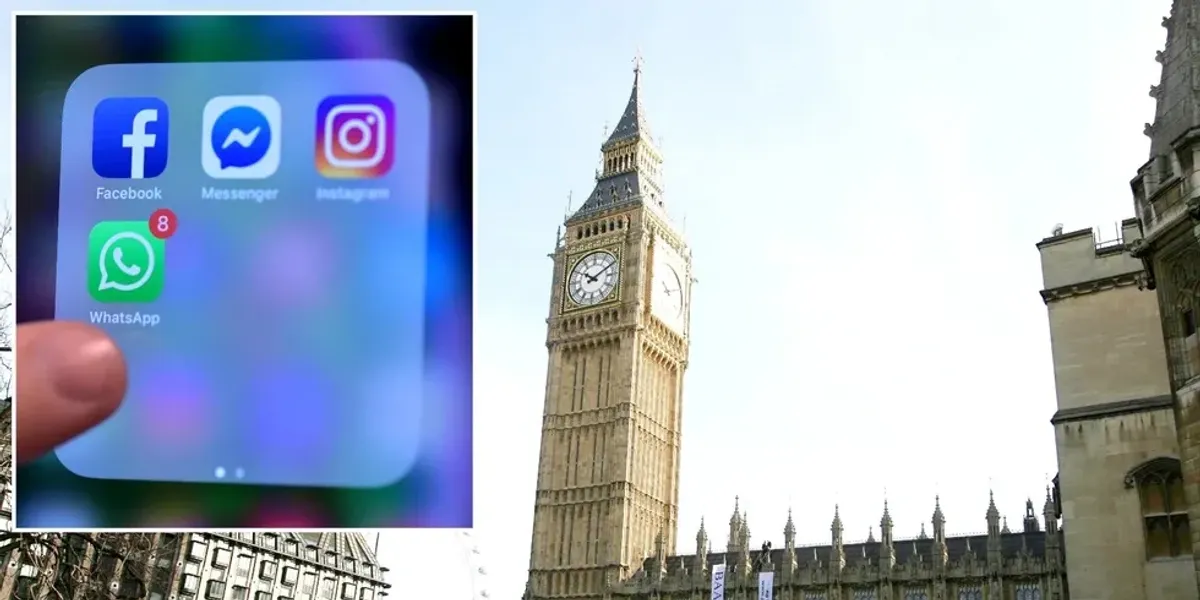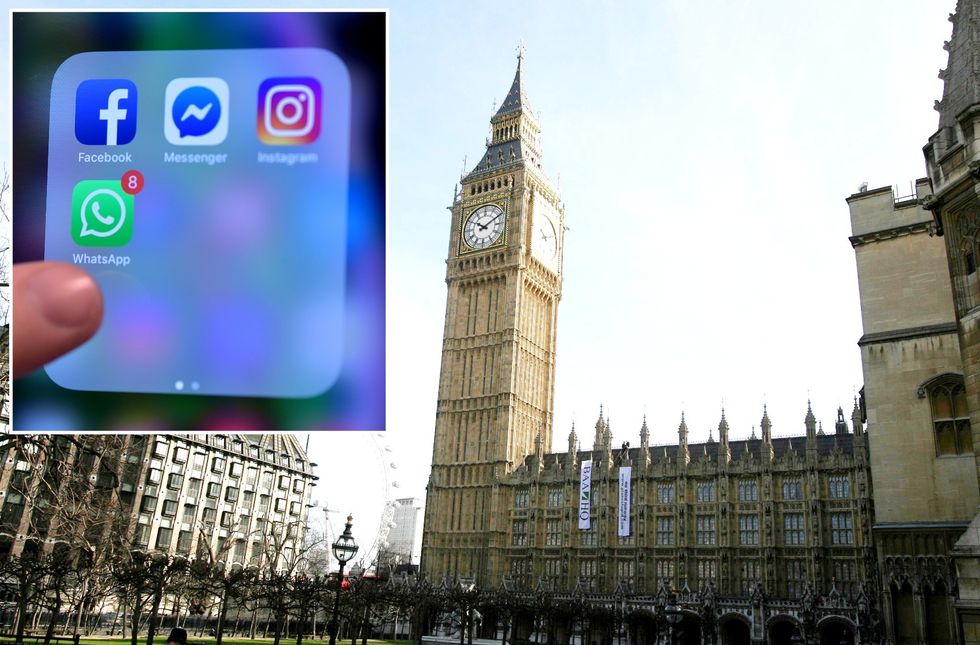
 Press Releases
Press Releases 
Individuals working in Parliament, including MPs, have been targeted by explicit messages in what are believed to have been a series of phishing scams.
At least six men – including four parliamentary staffers, one political journalist and one senior Labour MP – have been targetted by the messages, which were sent from two mobile numbers.
The users, who called themselves either Abi or Charlie, approached the individuals with messages containing personalised references to the individuals’ appearances at UK political events or drinking spots.
The individuals affected, identified by Politico, each reported encounters which bore striking similarities to each other. In a number of cases, explicit photos were sent.

Individuals working in Parliament, including MPs, have been targeted by explicit messages in what are believed to have been a series of phishing scams
PA
Head of the Cybersecurity Institute at the University of Liverpool, Dominik Wojtczak, told Politico he thinks the messages were part of a “spear phishing attack”. This form of cyber attack is a highly personalised form of phishing which aims to collect compromising details about a victim.
He said: “The purpose is most likely to simply obtain indecent images of the victims and then blackmail them”.
In one case, a Labour staff member was contacted by a sender called “Charlotte”, who claimed she met the staffer at the party’s conference. She said: “Long time no speak! How’re you? Still single?”
The man told Politico he initially felt sure the interaction had not occurred, but later thought it may have been plausible.
“Charlotte” sent a number of explicit messages, before the man reciprocated. When he asked if she wanted to meet up, she claimed she was playing netball, adding: “If you’re lucky, I’ll slip you a picture of me in my gym shorts x”.
The staffer tried to call her repeatedly after becoming suspicious about her identity and asked for her Instagram account. She did not pick up the phone and failed to provide her social media username.
He later invited her to meet at a pub, which she agreed to but did not show up.
While he has not received any threats or demands, he said he was left “shook up” by his experience.
He said: “It was very convincing, there was so much specific information and the way they were texting was just so believable for a woman in their 20s.
“I’ve been pretty shook up, anxious and worried about what could happen, and just embarrassed that I fell for it.
“This sounds so obvious now, but don’t send pictures to someone you don’t know and trust — particularly if you’re in a politically-exposed position, like working for an MP.
“If the conversation escalates to sexting quickly, that’s definitely a red flag.”
LATEST DEVELOPMENTS:
John Scott Railton, a senior researcher in phishing at the University of Toronto, said the phone numbers used were not registered to a mainstream mobile phone network.
He explained: “This shows numerous signs of being non-genuine.
“But the level of sophistication, compartmentation, is not necessarily that high. These were actions that would inevitably result in them getting rumbled — and clearly they have been.”
24World Media does not take any responsibility of the information you see on this page. The content this page contains is from independent third-party content provider. If you have any concerns regarding the content, please free to write us here: contact@24worldmedia.com